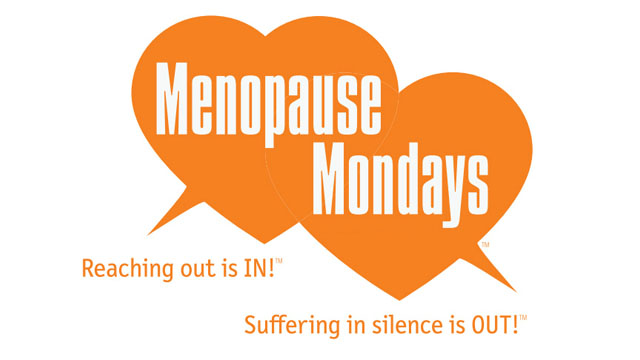Don’t shy away from discussing Menopause.

All the ladies out there, who are desperate to seek help on menopause but are really embarrassed to reach out, we are discussing the causes and symptoms of menopause. So, don’t shy away, it is a natural process that occurs in women’s life as a part of normal aging.
It’s no big deal but just a sign that indicates the time of cessation of ovarian function resulting in permanent amenorrhoea or it is the final act of menstruation. According to WHO – it is the permanent cessation of menstrual period that occurs naturally or induced by surgery, chemotherapy or radiation. It is the phase in the ageing process when a woman passes from the reproductive to the non-reproductive stage.
It may be physiological or artificial, induced by radiation, surgery (oophorectomy) or hormonal therapy (gonadotrophin releasing hormone analogues). It occurs between the age 45 to 50 years the average age is 47 years. Spontaneous cessation of menses before the age of 40 years is termed premature ovarian failure.
Know when it happens

General problems
- Excessive sweating and flushes during day
- Excessive sweating and flushes during night
- Poor sleep pattern
- Tiredness
- Loss of energy
- General aches & pains
- Generalized itching
- Formication (sensation of something crawling over the skin)
Emotional problems
- Tearfulness
- Depression
- Feelings of unworthiness
- Irritability
- Anger
- Bitterness
- Panic attacks
- Palpitations
Personality problems
- Loss of memory
- Loss of concentration
- Feelings of personality disintegration
Sexual problems
- Vaginal dryness/soreness
- Vaginal itching
- Dyspareunia
- Postcoital bleeding
- Loss of libido
- Difficulty achieving orgasm
Urinary problems
- Frequency
- Urgency
- Urge of incontinence
- Stress of incontinence
- Nocturia
- Enuresis
Menstrual cycles
- Erratic cycles
- Lighter menstrual loss/heavier loss
- Intermenstrual bleeding
- Postmenopausal bleeding (bleeding after 1 year’s amenorrhoea)
Osteoporosis
- Enhanced bone fragility
- Increased fracture risk
- Decrease of bone mass
- Pain in joints
Cardiovascular changes
- Ischemic heart disease (IHD)
- Hypertension
- Myocardial infarction
Skin
- Dryness
Investigation
- Blood pressure
- Fasting & post meal Blood sugar
- Fasting Lipid profile
- Bone mineral density (BMD)
- Mammography
- Ultrasonography
- Pap smear
It’s always better to be aware and alert at the onset or around the onset of menopause and consult your gynaecologist for the treatment.





